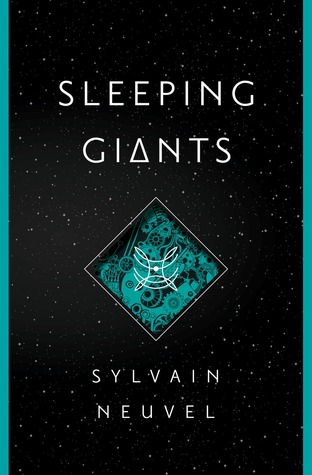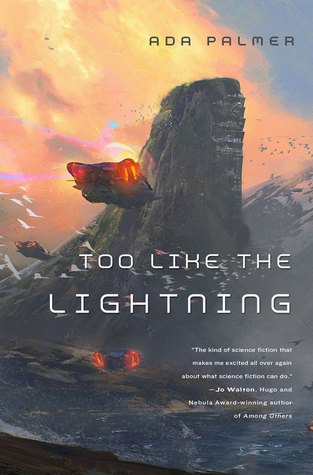I think that one thing that speculative fiction, hard sci-fi, and even fiction as a whole does for us is that it gives us a platform to text new ideas. New technology, and more importantly to encourage and inspire those in the position to actually make it become reality. One thing that has always intregged me is the notion of effortless travel.
Something that may to some seem outlandish is actually feasible. It also has the potential to completely change humanity. While it may not be propelling you next SUV, it is something that, given enough time human kind has the ability to achieve.
Another technology that is often reviewed in speculative works is full immersion virtual reality. The idea is attractive to authors because they have the opportunity to remake physics, creating a place where technology as well as magic is achievable.
There is simply no reason to question our ability to become an interstellar species ready and capable to take to the stars. The advent of antimatter propulsion, which should become attainable in the next two hundred years or less will enable us to reach .1 to.3 c. Something like that has the potential to send viable generation ships to nearby systems, which would in turn be able to gone one step further. At this point, an interstellar federation is not only possible, but it has already begun.
The idea that after a couple of generations of colonization, those first colonist can send a new generation ship isn't new in sci-fi. Colonizing nearby stars is a common theme among sci-fi authors and it is one that even just a hundred years ago seemed like the wildest form of speculation, yet today, many different organizations around the world are actively working to bring us there. It is such common knowledge/understanding that we don't even think twice about it.
Another theme that is common among authors is the possible option of trans-humanism. What it deals with is the ability to multiply human life expectancy by factors of 100s or 1000s. Life expectancy is only going to keep increasing, and when once, forty was considered old, today it is simply the start of middle age.
Is any of this feasible?
Sure.
Just look at the technology that sounded so alien from the last decades.
The military is one area that is always pushing the boundaries when it comes to applying the hypothetical to current technology.
Take for example the old Tomahawk cruise missiles, once it topped all of the list for high-tech weaponry. Yet, to today's standards it was rather primitive. Coming pre-loaded with maps of the terrain, they rockets were supposed to follow and using sensors to scan and match the terrain.
Many of the "improvements" are simply a bit of the old with a bit of the new. Take for instances GPS guided bombs. They are nothing more than the old dumb bombs with basic GPS guidance system and fins connected to them.
The laser guided bombs/missiles required laser spotters to be located on the ground or built into the aircraft to function. While the missiles were constructed to utilize a more advanced laser targeting system, the "smart" bombs were just dumb bombs with the laser hardware attached to them and functioned on the same principle as the GPS guidance systems.
Yet no matter how basic they are, modern threats have been addressed with an additional layer of technology that was not required when they were conceived.
EMP weapons are products of early 80's fiction, yet whatever threat they posed them, it has largely been mitigated by redundancy and mass production.
And even when you take that into consideration, today's smart weapons incorporate shielding into their design, with hardware that acts in a manner similar to Faraday cages. This prevents any strong pulse from charging the circuit boards. Yet it is also simply, and rather low tech. They use simple copper alloy that prevent any similar boards from being shorted.
In short, while once considered the weapon of the future, EMPs would have no effect on today's smart weapons, or any produced in the last twenty years. What at one time was speculation was rendered useless by an even more advanced technology.
Speculation leads to reality, which leads to history.
 Paper Girls, Vol. 1by Brian K. Vaughan
Paper Girls, Vol. 1by Brian K. Vaughan The Long Cosmosby Terry Pratchett, Stephen Baxter
The Long Cosmosby Terry Pratchett, Stephen Baxter Sleeping Giantsby Sylvain Neuvel
Sleeping Giantsby Sylvain Neuvel The Buntline Specialby Mike Resnick
The Buntline Specialby Mike Resnick Star Nomadby Lindsay Buroker
Star Nomadby Lindsay Buroker Too Like the Lightningby Ada Palmer
Too Like the Lightningby Ada Palmer